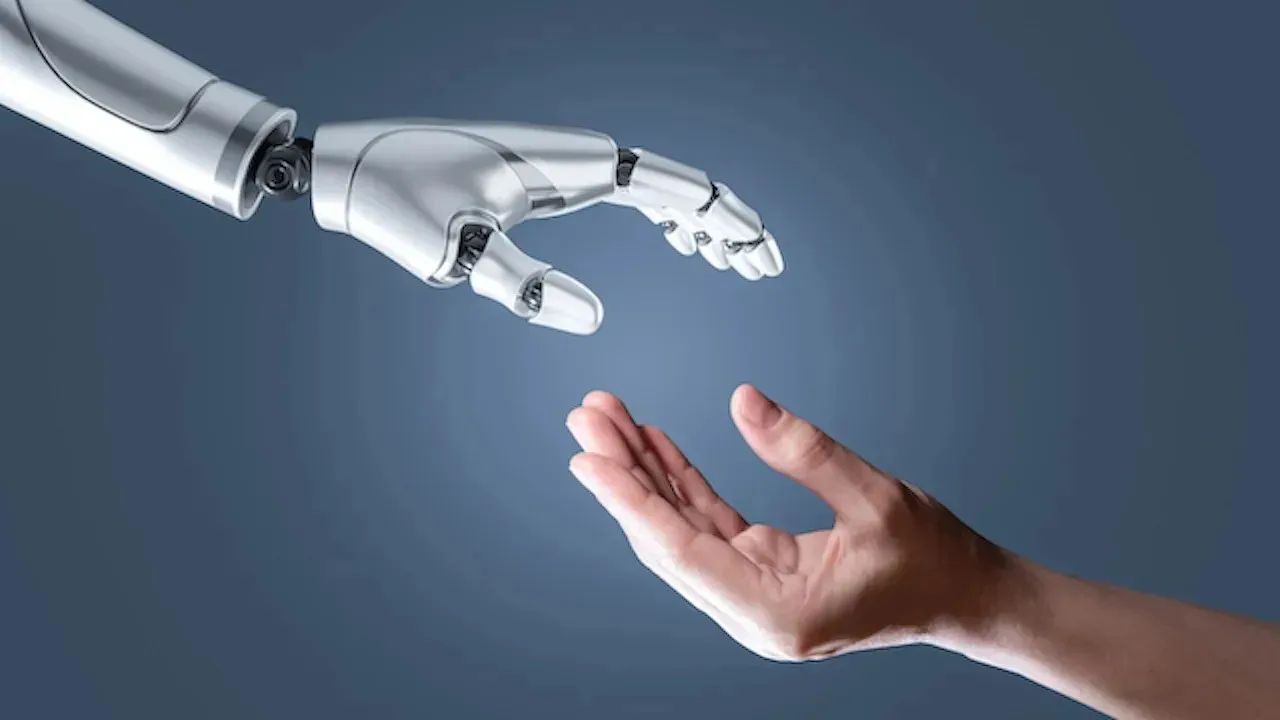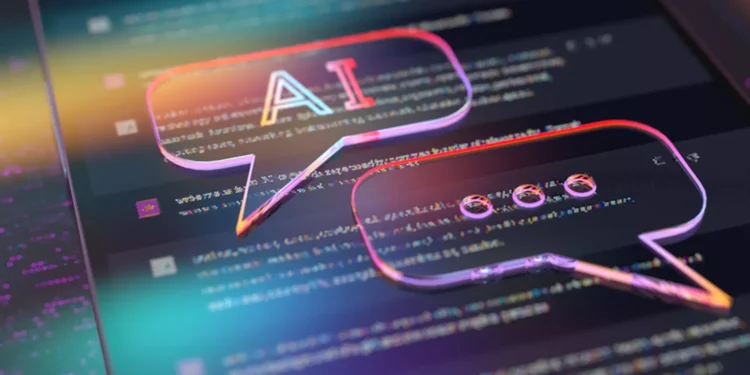The concept of AI agents encompasses more than just voice-activated gadgets or chatbots. These systems are designed to perform a wide array of functions—from gathering information and conducting research to curating personalized content and even anticipating the needs of users before they vocalize them. The implications of such capabilities are profound, potentially reshaping the foundational dynamics of internet usage and Big Tech’s engagement with consumers.

Mark Shmulik and Nikhil Devnani, esteemed internet analysts from Bernstein, recently emphasized the transformative potential of AI agents in a note to investors. They suggest that if AI agents come to fruition, they could render traditional web browsing obsolete. “If AI agents truly become useful, the internet will go dark,” they predict. This doesn’t mean the internet will vanish, but rather, the way we access information and services through platforms like Google, Apple, and Amazon could dramatically shift.
A New Era of Internet Interaction
Imagine a day where the need to search through a browser becomes a thing of the past. Instead of visiting various websites or apps, you could have an AI assistant that serves as “the aggregator of the aggregators.” This assistant would directly fetch the content you desire, based on your preferences and prior interactions, without you needing to scroll, click, or even type.
For example, consider the mundane task of booking a ride from the airport. Instead of comparing prices and options across multiple apps like Uber, Lyft, or Waymo, your AI agent would handle all these operations in the background, presenting you with the best option based on your criteria such as price, comfort, and travel time. The Bernstein analysts illuminate this scenario, suggesting a significant shift in consumer behavior and a potential redefinition of what it means to “use” the internet.
The Future of Tech: Beyond Apps and Algorithms
The development of AI agents is setting the stage for a major shift in the power dynamics of the tech industry. Traditional gatekeepers of the internet, such as search engines and app stores, might find their roles diminished as AI agents bypass these platforms, directly connecting users with services and products.

This shift is already beginning to materialize, with companies like OpenAI and Google at the forefront of this innovation. OpenAI’s Operator, for example, is an AI system that can independently browse the web and carry out tasks such as booking reservations or purchasing items without user intervention. Similarly, Google’s Project Mariner explores the capability of AI to autonomously navigate web interfaces, performing complex tasks with minimal human input.
The Ultimate Connection: AI and Consumer Integration
The evolution of AI technologies might culminate in even more intimate connections between digital devices and their human users. Elon Musk’s Neuralink is exploring the potential for brain implants that could directly communicate with digital networks, eliminating the need for any physical interaction like typing or speaking.
This vision, though seemingly plucked from science fiction, aligns with past predictions from tech leaders. Hal Varian, Google’s chief economist, once speculated that the future of search engines might involve direct brain interfaces, making today’s smartphones and computers seem quaintly archaic.

As we stand on the brink of what might be the largest technological paradigm shift in a generation, the potential for AI agents to redefine our digital interactions is both exhilarating and daunting. The technology’s ability to streamline our digital interactions, enhance our productivity, and revolutionize consumer technology holds boundless potential. However, as with any technological advancement, it also prompts questions about privacy, security, and the changing landscape of human-computer interaction.
The journey towards an AI-driven future is underway, and it promises to reshape our digital lives in unimaginable ways. Whether this will lead to a more efficient, connected world, or if it will introduce new challenges and ethical dilemmas, remains to be seen. But one thing is clear: the internet as we know it is evolving, and AI agents are poised to play a pivotal role in this new digital era.










